Brands should adopt a more balanced, less Amazon-centric ecommerce strategy to succeed in today’s competitive market.
As a consumer, it is hard not to love Amazon. Almost every single product you might ever need is just a few clicks away, often delivered the next day.
There’s a myriad of services available from Amazon too – from hosting to music events, and even content.
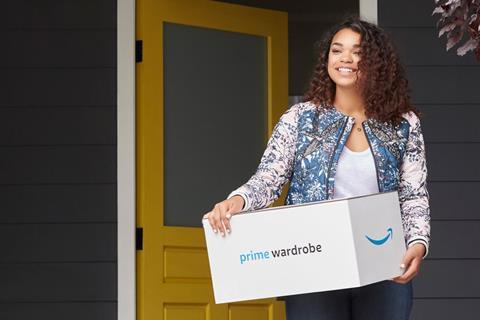
It isn’t too much of a stretch to imagine that one day, all of our product and service needs will be fulfilled and supplied by this innovator.
But why should brands care?
Amazon is slowly expanding into new and diverse industries, and yours could be next.
The end of brands
A 2017 consumer survey by Salmon found that 39% of online spending in the UK is spent with Amazon. And that’s before its grocery offering has reached maturity.
“It isn’t too much of a stretch to imagine that one day, all of our product and service needs will be fulfilled and supplied by this most aggressive of retail innovators”
While the excitement and importance of ecommerce grows, the opportunities to grab the share of online diminishes with each Amazon innovation.
Why is Amazon winning?
There are multiple strategic answers to this – be it logistics, innovation, the business model, its service and product ecosystem.
In a world where ease, convenience and price are king, Amazon is better at fulfilling customers’ expectations on these fronts.
“While the excitement and importance of ecommerce grows, the opportunities to grab the share of online diminishes with each Amazon innovation and every passing day”
Jeff Bezos is famed for his “day 1” strategy, giving it an approach that is less stifled by legacy and a more entrepreneurial style, despite its size.
Beyond the horizon
While most companies are thinking about how their ecommerce operations are faring today, very few are thinking about tomorrow.
This lack of vision plays into the hands of Amazon, whose unique business model allows it to innovate freely.
While most organisations are concentrating on how their ecommerce operations work on desktop, laptop, tablet and phone, Amazon has taken its ecommerce operation to the next iteration of interfaces in the home with Amazon Echo via voice recognition. But what is next – gestures, thoughts?
Logistics – the battleground of the future
When speed of delivery is more important than the brand of product being ordered (88% versus 78%) then logistics is where the battle needs to take place.
What constitutes customer experience is becoming much broader.
It is not just about in-store or online shopping. It is about the full end-to-end process; from first hearing about a product, to ordering, to delivery, to unboxing, to ownership and renewal.
“When speed of delivery is more important than the brand of product being ordered then logistics, rather than brand equity, is where the battle needs to take place”
Elements of the customer journey previously subcontracted out to third parties now either need to be managed by, or even owned by, the vendor themselves. Amazon has realised this.
Omnichannel is the answer
In May 2017, Amazon opened its first physical book store in New York, and intends to have more than 400 book stores across the US in the next few years.
It is also trialling its Amazon Go grocery store in Seattle too, and has just announced the purchase of Whole Foods for $13.7bn (£10.7bn).
The reason for this is simple – an omnichannel strategy is the best strategy.
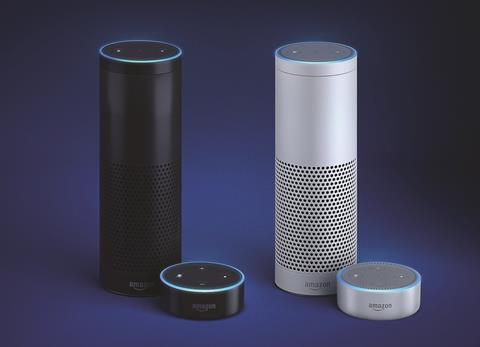
It is of course bringing its own take on the high street, using data to curate the right products for its customers.
Its Amazon Go concept has also looked at addressing a key customer difficulty: the payment and checkout, to improve the customer experience.
Fighting the tide of paralysis
Companies must address their lack of customer centricity, unambitious expansion strategies, short term goals and incentives, and their lack of vision.
“The component parts of an omnichannel strategy – website, mobile, physical stores, checkout – need to be under constant review and improvement”
Apple did not shy away from taking on the portable music business because of the Sony Walkman.
If you are in a meeting, and an executive suggests selling your product via Amazon, make sure you have considered a balanced strategy, and question the reasons for that decision.
Could you do more with your existing business, products and services? Can you work harder for your customers?
Are you brave enough to challenge Amazon and become a retail revolutionary in your own right?
Global head of consultancy Hugh Fletcher will be speaking more about this topic at Retail Week’s Tech. event on 13th and 14th September. Visit tech.retail-week.com for more information






















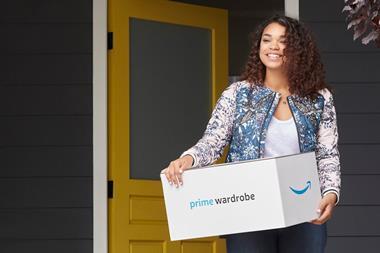
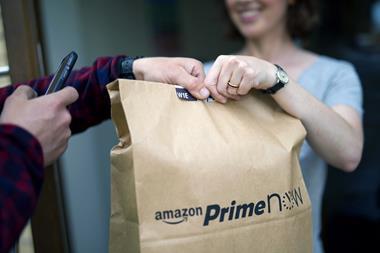
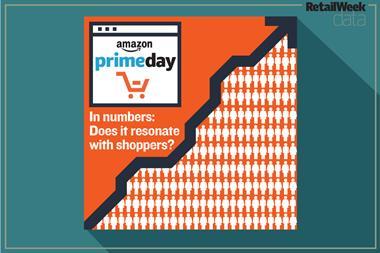
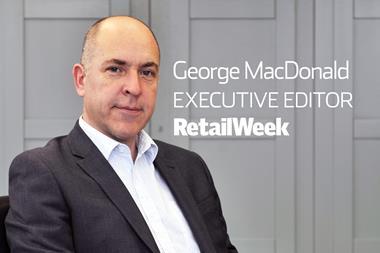
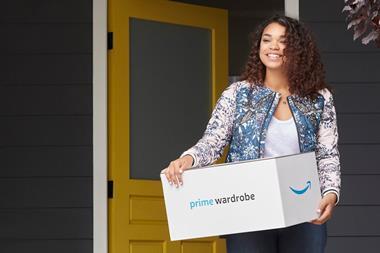
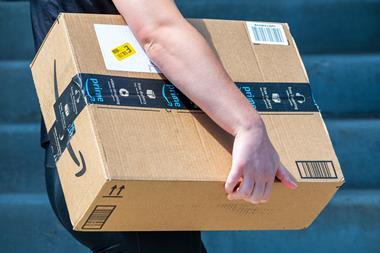
No comments yet